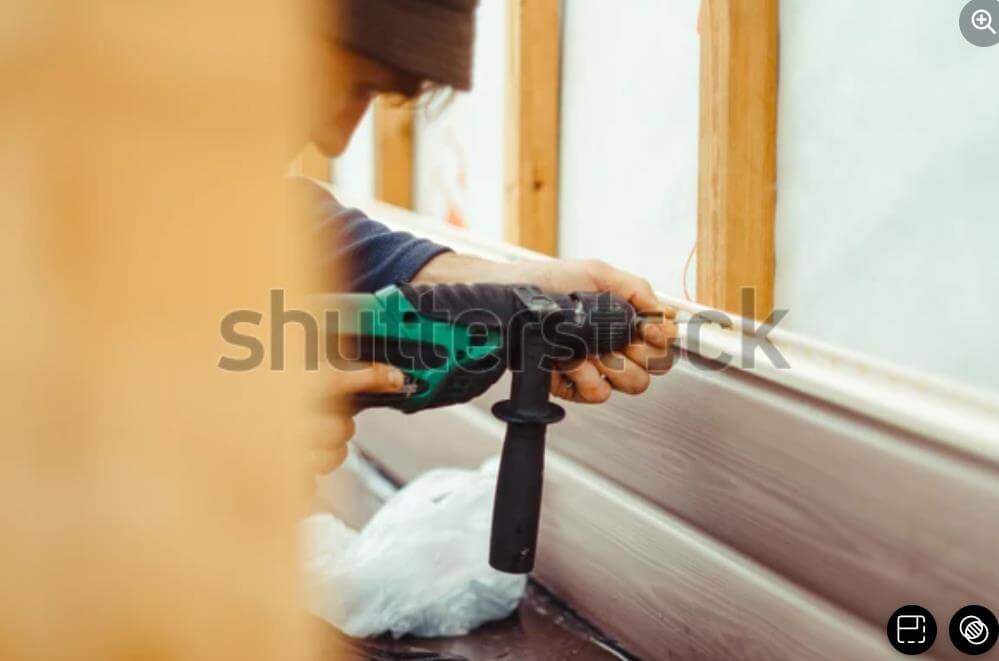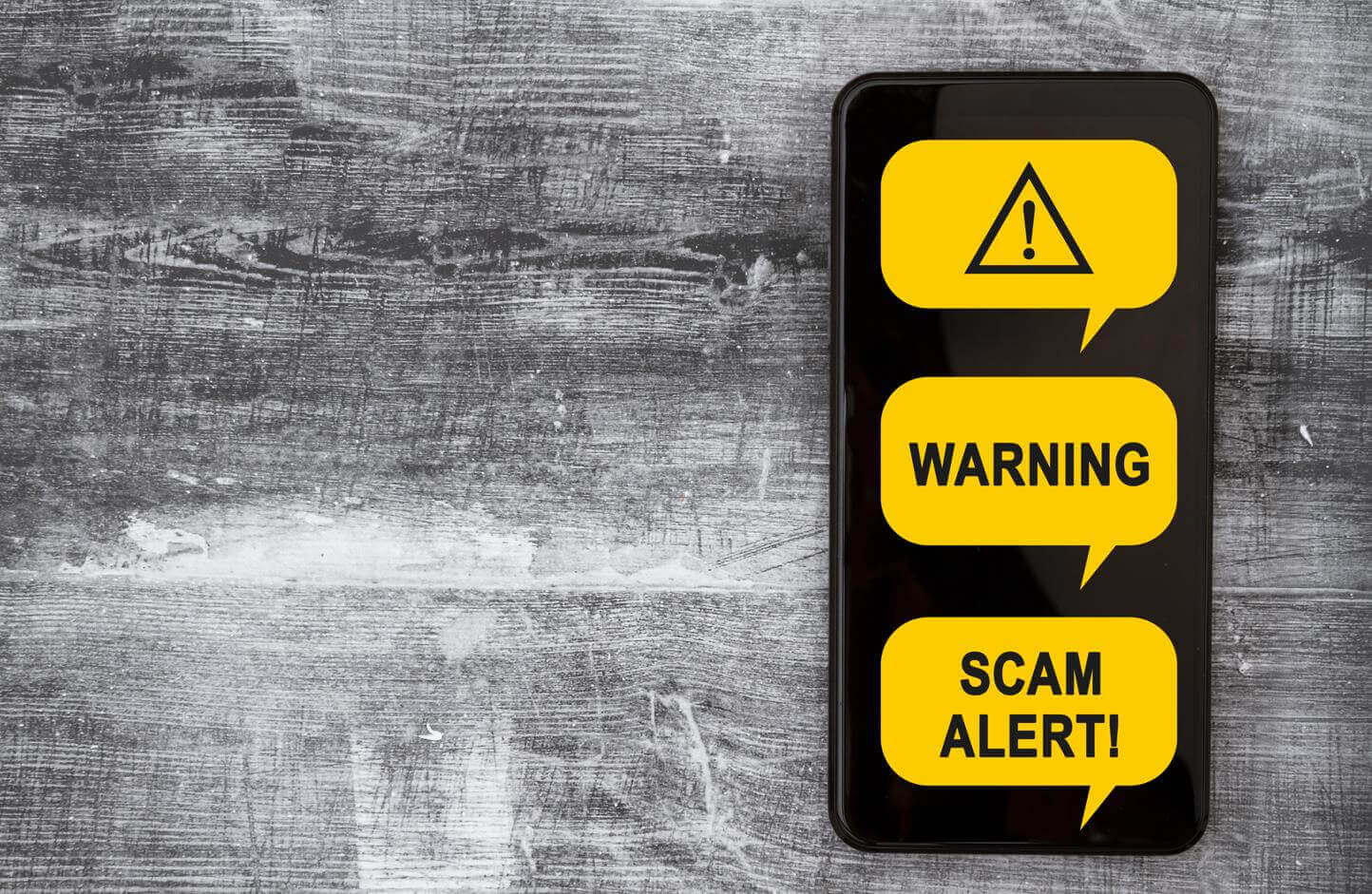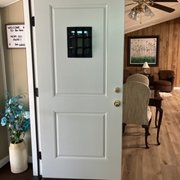The history of vinyl siding has had its fair share of dark moments, which continue to cast a shadow over the industry and fuel skepticism among some homeowners. Scammers have overshadowed dedicated professionals, tarnishing the reputation of vinyl siding despite its numerous benefits. It’s important to note that these vinyl siding scams do not represent the industry as a whole. We’ll explore the reasons behind mistrust and highlight how homeowners can benefit from vinyl siding with a reputable contractor.
To avoid these scams, it’s crucial to research and choose reputable contractors, ask for references, obtain multiple quotes, be wary of high-pressure sales tactics, and thoroughly understand warranties or guarantees offered by the contractor.
High-Pressure Sales Tactics
This tactic has been the bane of many homeowners’ existence regarding vinyl siding scams. Unscrupulous salespeople pressure homeowners into urgent vinyl siding purchases like defusing a ticking time bomb. They bombard you with limited-time deals, exclusive offers, and dire warnings about your current siding. They aim to rush your decision, leaving no time for contemplation, akin to picking a dessert at a fancy restaurant. It said that individuals should prioritize researching, take their time, and make informed decisions about their home’s exterior needs. Remember, haste makes waste, and your home’s siding is no laughing matter.
Inflated Prices

Over-pricing is the bread and butter of vinyl siding scammers, who prey on unsuspecting homeowners like a pack of hungry wolves. They might charge exorbitant prices for vinyl siding and installation services, taking advantage of homeowners unfamiliar with industry-standard pricing. These scammers operate with no sympathy, hoping to make a quick buck at the expense of the homeowner’s hard-earned money. To avoid being swindled by these con artists, Do your homework, gather quotes, and compare prices like a bargain hunter extraordinaire. Don’t let these swindlers turn your dream home into their personal piggy bank. Stand firm, be informed, and send those scammers packing.
Substandard Materials
Poor materials are like a magician’s trick in the vinyl siding scammer’s playbook. They entice homeowners with the allure of premium-grade products but deliver low-quality vinyl siding materials. The materials are susceptible to fading, warping, or cracking. These subpar materials may look the part initially, but they’ll quickly reveal their true nature under scrutiny. Research the materials used and consult with trusted professionals. In the world of vinyl siding, knowledge is power. Arm yourself with information, and don’t let substandard materials ruin your home’s exterior charm.
Incomplete or Shoddy Installation
Unprofessional installation is yet another tool in the vinyl siding scammer’s toolbox. These unprincipled contractors will cut corners during the installation process, resulting in poor workmanship, improper sealing, or misaligned panels. These subpar jobs can lead to long-term issues and expensive repairs, much like a leaky faucet left unattended. Choosing a reputable contractor and keeping an eye on the installation process is essential to prevent falling victim to such crafty ploys. When it comes to your home’s exterior, don’t settle for a half-baked job; demand the quality and attention to detail your home deserves.
False Claims and Warranties

These are the smoke and mirrors of the vinyl siding scammer’s world. These frauds may make unrealistic claims about the performance or durability of their vinyl siding products, much like a snake oil salesman peddling miracle cures. They may offer warranties as enticing as a siren’s song, only to leave homeowners high and dry when issues arise. To avoid being lured into this deceptive trap, it’s vital to read the fine print, research the validity of the claims, and consult with trusted professionals. Remember, if a deal sounds too good to be true, it probably is – and your home’s exterior is no place for false promises.
Disappearing Act
Being ghosts is an infamous part of vinyl siding scams that leave homeowners feeling like they’ve been visited by a not-so-magical Houdini. In these cases, dishonest contractors take a deposit from homeowners and then vanish into thin air without completing the promised work. It’s like ordering a pizza, only for the delivery driver to abscond with your money and leave you hungry. Choosing contractors with a proven track record, solid references, and a clear payment schedule is essential to avoid such vanishing acts. Don’t let your home exterior dreams disappear in a puff of smoke. You need to be vigilant and work with professionals who truly commit to your project.

Recognize scammers as the villains behind vinyl siding scams, not industry professionals seeking genuine solutions. Homeowners can safeguard themselves from these deceptive characters by taking the necessary precautions and conducting thorough research. Ensuring that you are dealing with a reputable firm. It includes checking licenses and obtaining references. It can go a long way in helping you avoid scams and ensure a successful vinyl siding experience.
Embrace vinyl siding’s benefits, disregarding scams, as you embark on your home exterior journey. With diligence and a discerning eye, find professionals who deliver on vinyl siding promises. Hiring the right contractor brings the beauty, low maintenance, and energy efficiency of vinyl siding to your transformed home.
So, take your time, ask questions, and consult with multiple contractors before deciding. Stay vigilant in your search for the perfect fit, letting excitement drive your research for new siding. Doing so protects you from scams and ensures a successful vinyl siding project, enhancing your home’s curb appeal.



























